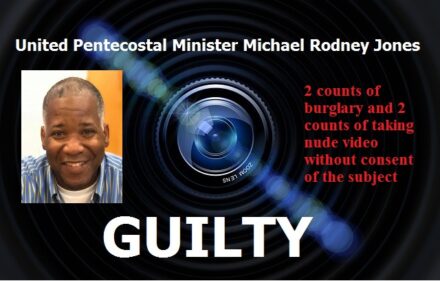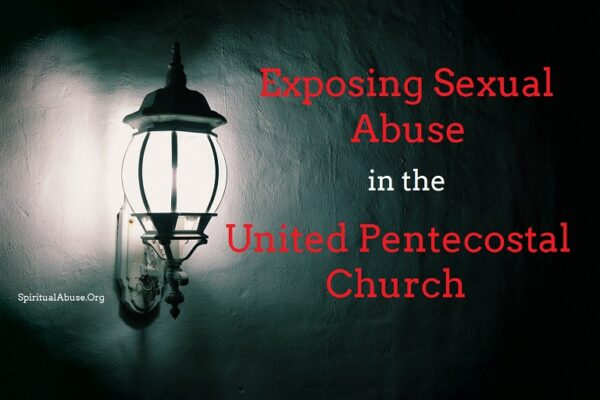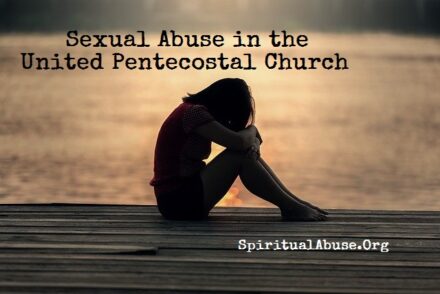This is the 47th installment in this series and a follow up to my 2019 article on former United Pentecostal minister, Michael Rodney Jones.
Some things that happen in churches are absolutely mind boggling.

- If you knew that someone had twice broken into another man’s house in order to set up cameras in a bathroom, plus the bedroom of this man’s daughter, would you use them as part of a pastor’s team and have them be an altar ministry leader?
- If you knew that this person held license when this occurred, and did this to a fellow associate pastor that he was working with, would you permit them to work on the church audio visual team?
- If you knew that this person was arrested and plead guilty to two counts of burglary and two counts of taking nude video

Michael Rodney Jones April 11, 2022 church website screen shot without the consent of the subject (as he captured nude images of the fellow minister’s wife and 19-year-old daughter), would you use them to work in any leadership role at your church?
- If a church has home meetings, where this person could be going in and out of member’s homes, would it concern you?
- If your church was just a half hour from the church where the perpetrator had previously helped, and that fellow associate pastor is still attending there, would you use this man in these roles? Wouldn’t that be a slap in the face to the other minister, his family and that church?
Do I have your attention? Incredible, is it not? This is seriously concerning. And yet it is, and for some time has been, happening at The Peninsula Pentecostals on Sharon Drive in Newport News, Virginia where Jared R. Arango is pastor. This is a United Pentecostal Church that touts itself as “a cutting-edge church.” Arango promotes himself as a “leader of leaders.”
The church where Michael Jones previously was an associate pastor is the Norfolk Apostolic Church, also a United Pentecostal Church, where for decades Michael Blankenship has been the pastor. The two churches are approximately 30 minutes from each other. Besides the things mentioned above, you will also see Jones singing on the platform at times. Jones has been involved at The Peninsula Pentecostals since at least 2019, as can be seen from looking through public Facebook posts.
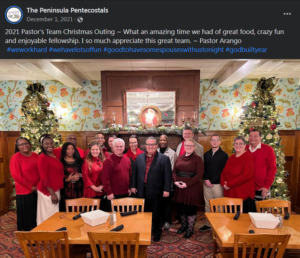
What Michael Rodney Jones did for months to his fellow associate pastor and his family was devastating and one of the worst kind of betrayals. I cannot fathom how another pastor could use Michael Jones in the ways he is being used at The Peninsula Pentecostals in Newport News. His acts were planned and calculated. He even used a computer, that the church gave him when he became an associate pastor, for his evil deeds. Are other victims out there? How safe are the members of this church and have they been told about his crimes? [The video below is from WKTR News 3 on May 6, 2015.]
This was a horrible invasion of someone’s privacy. What would have been his next act, had he not been caught after breaking in a second time to install another camera? Something like this isn’t a spur of the moment event. It took careful planning and he did it twice. Admitting guilt and receiving a minimal sentence and probation, Jones goes on his merry way, walks right back into leadership roles at a different church, as it’s as if nothing much happened.

Jared “JR” Arango should know better than to use Jones in such leadership roles in the church. Arango has been quite involved in the United Pentecostal Church for many years. According to the church website, he has served in the Virginia District as a Youth President for eight years, Home Missions Director for eight years, Global Impact Director for two years and the Strategic Growth Coordinator. He has also served as the National Pentecost Sunday Coordinator for the UPCI.
Perpetrators can’t be given access to potential victims
in the future. As an analogy, when church treasurers embezzle money, they can be forgiven of their sin, restored to salvation, and restored to some form of church involvement. However, they have forfeited their access to such a position because they have broken trust. We would never appoint them to be a church treasurer again because they’ve shown susceptibility to this form of temptation and because others wouldn’t trust them or the church. Even more so, we can’t restore abusive leaders to positions of authority in which they could abuse people again. Doing so can result in great spiritual damage as well as legal liability. – David Bernard, Summer 2022 Forward
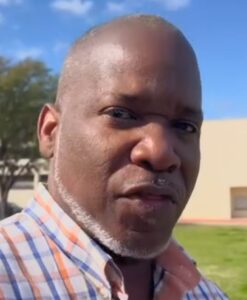
Some will proclaim that crimes like this, if repented of, are in the past and should be forgiven and that the individual should be permitted to be active in church. Yet there are some sins and crimes that should preclude a person from being active in certain ways. If someone has embezzled funds or in any other way stolen money, then they should not be the church treasurer or an usher that helps to collect offerings. If they have exposed themselves to, or assaulted a child, you certainly don’t have them working with minors. If someone installed hidden cameras in an effort to obtain nude videos of people, they should not work on the church audio visual team. If they broke into a person’s home to do this and the church has home meetings that this individual is participating in, then everyone present should be made fully aware of their past crimes. If anyone has committed any type of sexual crime, including obtaining videos/pictures of people naked, then that person should never be placed in a leadership position again.
In a forthcoming article, you will see what happened after Michael Orten, another United Pentecostal pastor, trusted and believed it was fine to actively use a convicted and registered sex offender in the church. Orten is the pastor of Truth Apostolic Church in Madisonville, Kentucky.
A preacher may fall into sin, be forgiven by God, be restored to the church, and even be restored to many areas of service, but this does not automatically entitle him to his former position of leadership. He must once again meet the qualifications of being blameless, having a good report, and so on. This takes much time, and in some cases total restoration may never be possible. …Moreover, some sins-such as child molestation, incest, and rape-may indicate deep personality problems that would permanently disqualify someone from many leadership positions. – David Bernard, January-March 1988 Forward
Articles:
Norfolk man converts from addict to minister and drug counselor – October 17, 2007 (old article on Jones and his work with addicts through the church)
Former Norfolk pastor accused of spying on young woman via hidden surveillance camera – May 6, 2015 (includes video)
Ex-Norfolk pastor sentenced for taking nude videos of woman, teen – January 25, 2016
Ex-Norfolk pastor sentenced for sneaking into house, taking nude video – January 25, 2016
You will find a complete list of articles in this series by clicking here.
********
Shop at our Amazon store! As an Amazon Influencer, this website earns from qualifying purchases.
